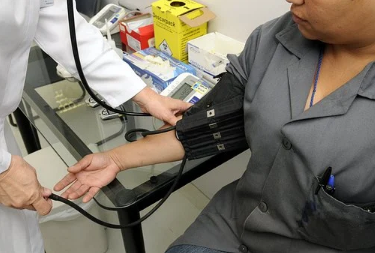High Blood Pressure–Understanding the Silent Killer
According to the Center for Disease Control and Prevention, almost half the adults in the USA, i.e., 116 million people, have high blood pressure. Of half the population who has it, one-fifth of them aren’t even aware of it. If you understand what you’re dealing with and the risk factors involved, you have a better chance of preventing it from escalating beyond control.
This guide will discuss the dangers of high blood pressure and what actions you can take to keep your body and heart in good condition.
What is High Blood Pressure?
According to the Department of Public Health, blood pressure or hypertension occurs when your heart has to work harder than it usually does to pump blood to the rest of the body. There are two different ways blood pressure can be measured; systolic and diastolic. The systolic method measures the pressure of the heartbeats, whereas the diastolic method measures the heart’s working when it’s resting. You can check your blood pressure levels by going through some pre-defined ranges.
Dangers of High-Blood Pressure

There’re no particular symptoms that indicate that a person has high blood pressure. If you have headaches, nausea, nosebleeds, fatigues, vision distortion, chest pains, irregular heartbeat, and difficulty breathing, then you should get yourself checked to rule out high blood pressure.
Uncontrolled blood pressure can lead to strokes, heart attacks, dementia, and chronic kidney diseases.
How to Prevent or Lower High Blood Pressure?
You can take several steps to reduce or lower your high blood pressure, such as;
Take Medications on Time
If you take medications to treat high blood pressure and other health issues, you need to continue taking them on time. You cannot skip them or decrease the dosage without consulting your healthcare provider. If, for some financial reason, you are unable to continue with your medications, discuss this with your healthcare provider.
They will either provide you with a more cost-effective alternative or get you in touch with a full-service prescription assistance organization like Advocate My Meds so that you continue taking your meds and don’t harm yourself.
Talk to Your Healthcare Service Provider
With the help of your attending physician, you can take advantage of the heart-disease prescription assistance program offered by Advocate My Meds to continue treating your high blood pressure and other related medical conditions. Advocate My Meds can help you manage your treatment plan and prescription refills whenever needed.
Get in touch with Advocate My Meds to get help.







